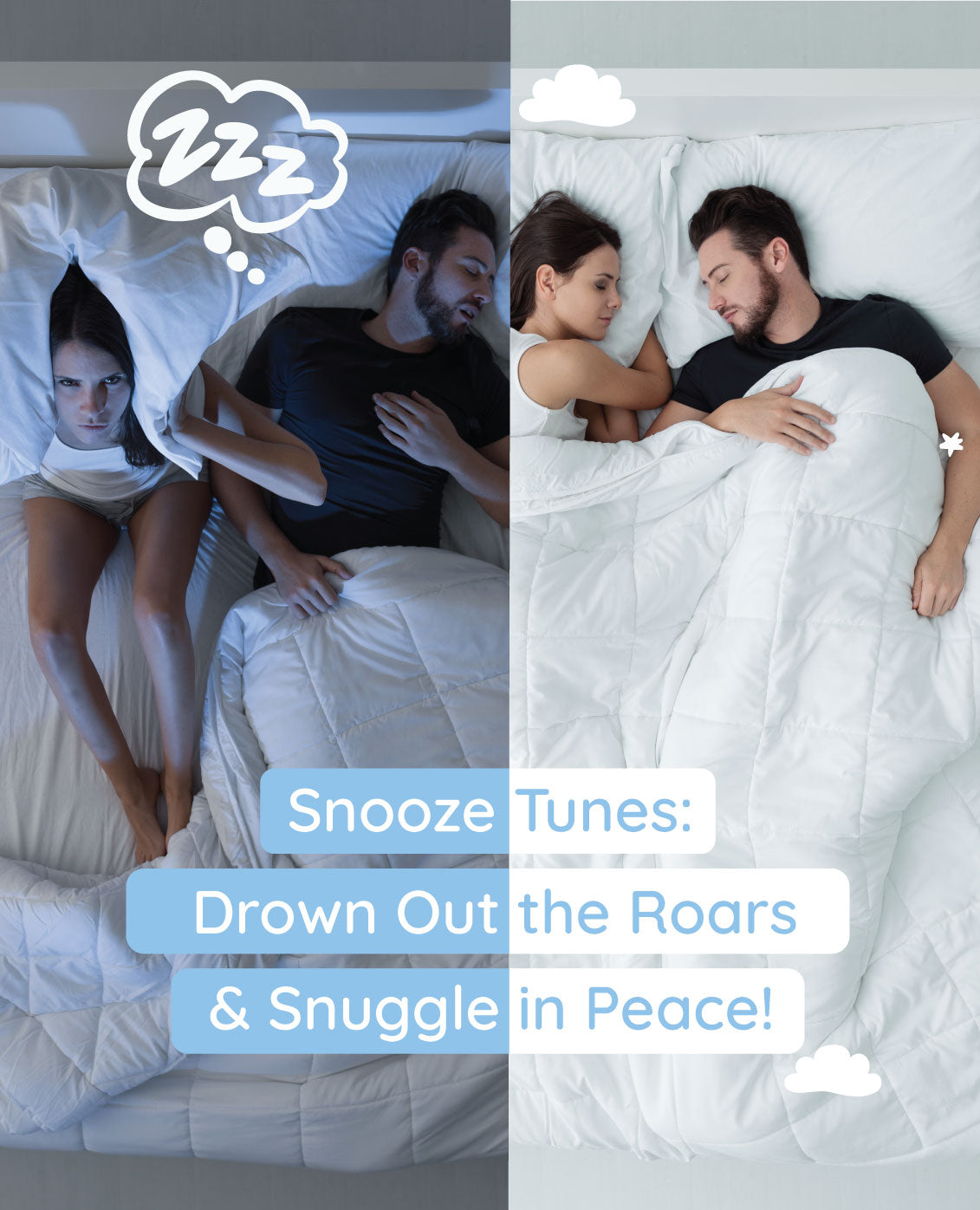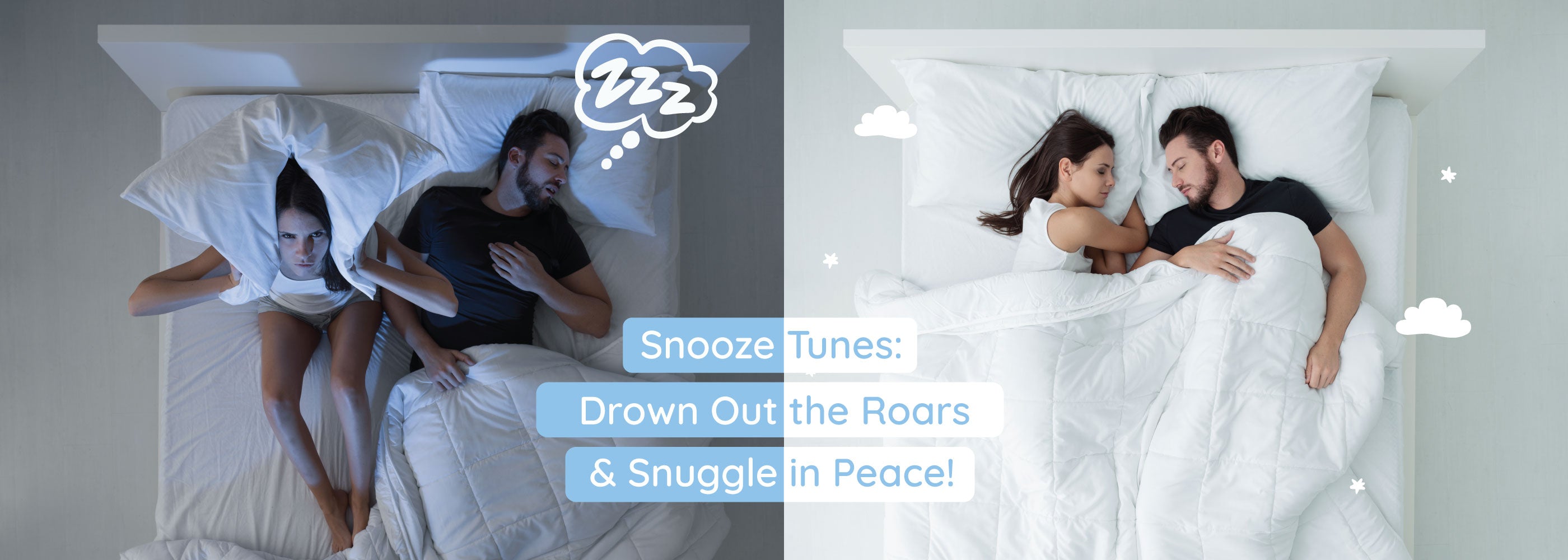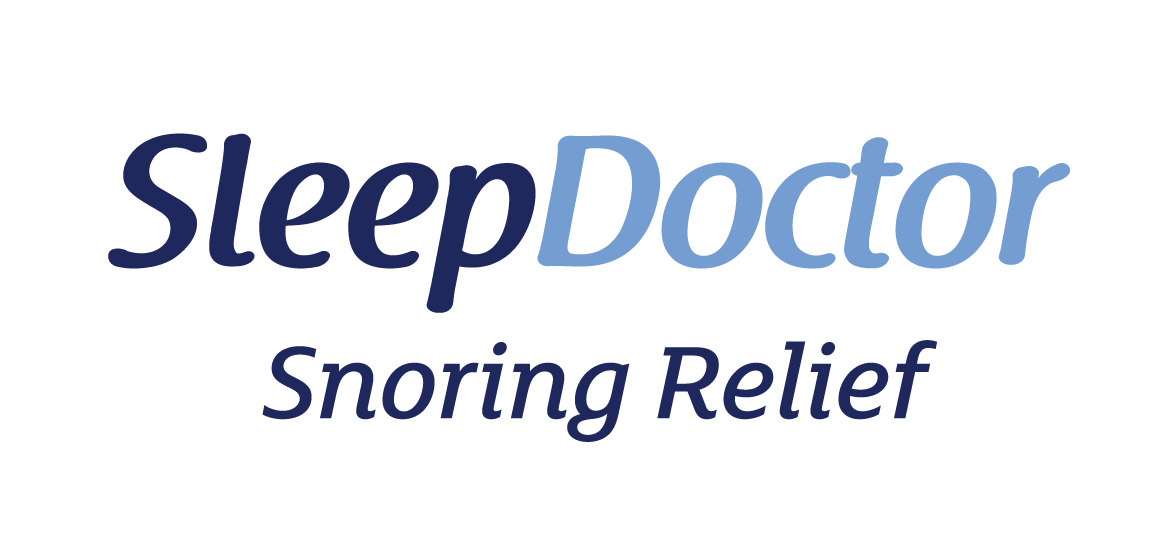

Snoring relief for every type of snorer
Let’s keep it down, people!

Sleep better
FOR EVERYDAY SNORING
- You sometimes wake with a sore throat
- You tend to sleep on your back
- You snore even when your mouth is closed


Breathe easier
FOR SNORING WITH CONGESTION
- You sleep with your mouth open
- You have a blocked nose/nasal congestion
- You have a diagnosed nasal abnormality


Snore less
FOR LOUD SNORING & OSA
- You feel sleepy in the daytime
- You snore very loudly
- Other products haven’t worked

Snoring Relief
Subscribe & Save
Shush Club
Snoring Relief
Subscribe & Save
Shush Club
Snoring Relief
Subscribe & Save
Shush Club
Loved by Customers
Bedtime News
WHY SLEEP IS ONE OF THE BEST WAYS TO IMPROVE YOUR IMMUNITY
If you’ve found yourself obsessing more and more about your health lately, you’re not alone. It’s not surprising that we’re...
WHY SNORING COULD INCREASE YOUR RISK OF HEART DEATH
What many people don’t realise is that snoring is closely linked with heart health. Loud snoring is often a symptom...
5 REASONS TO USE A THROAT SPRAY/ORAL STRIPS TO TREAT SNORING
Snoring is a surprisingly common issue – around 30% of the adult population in Australia are thought to snore. But...
























